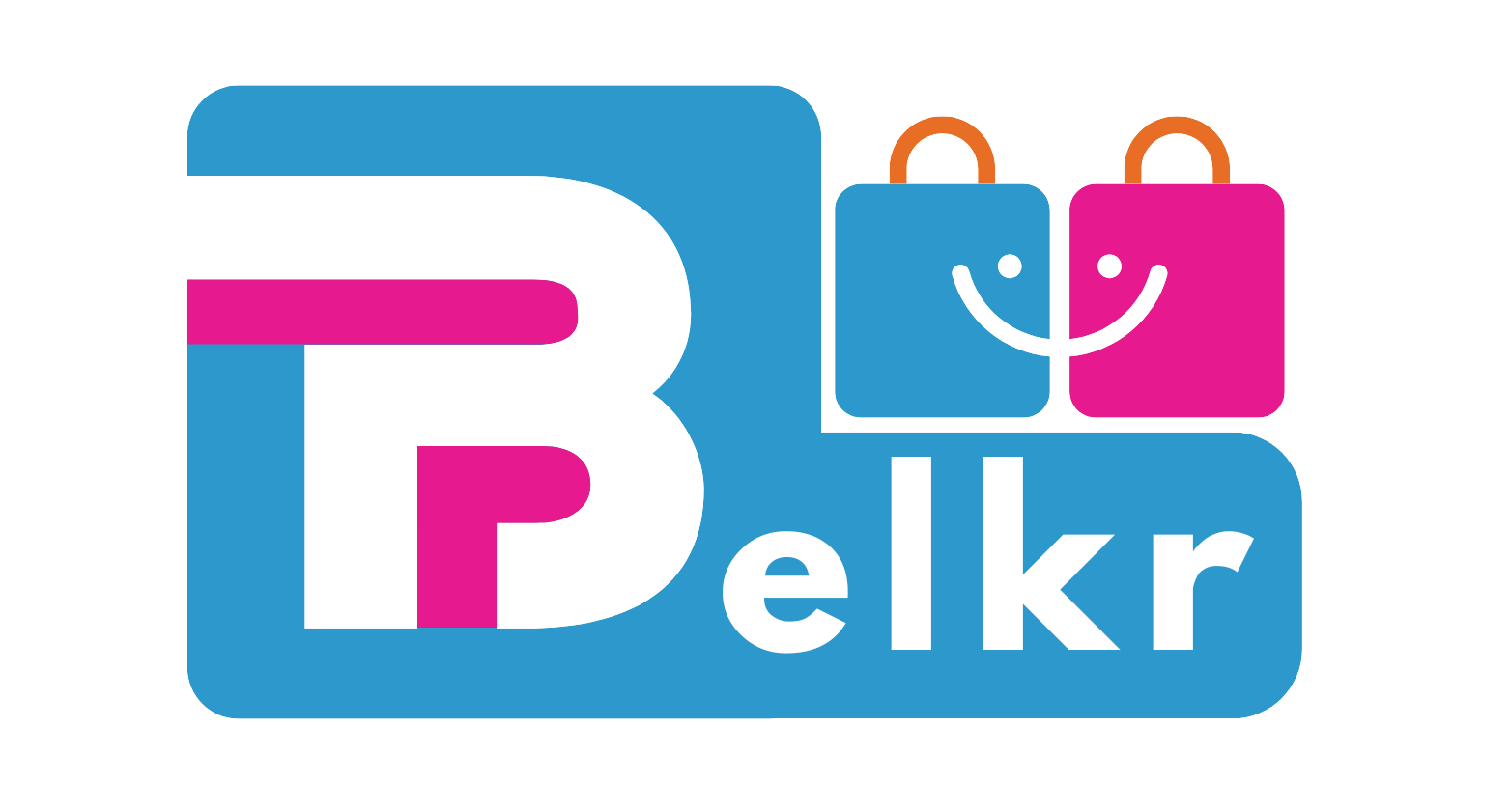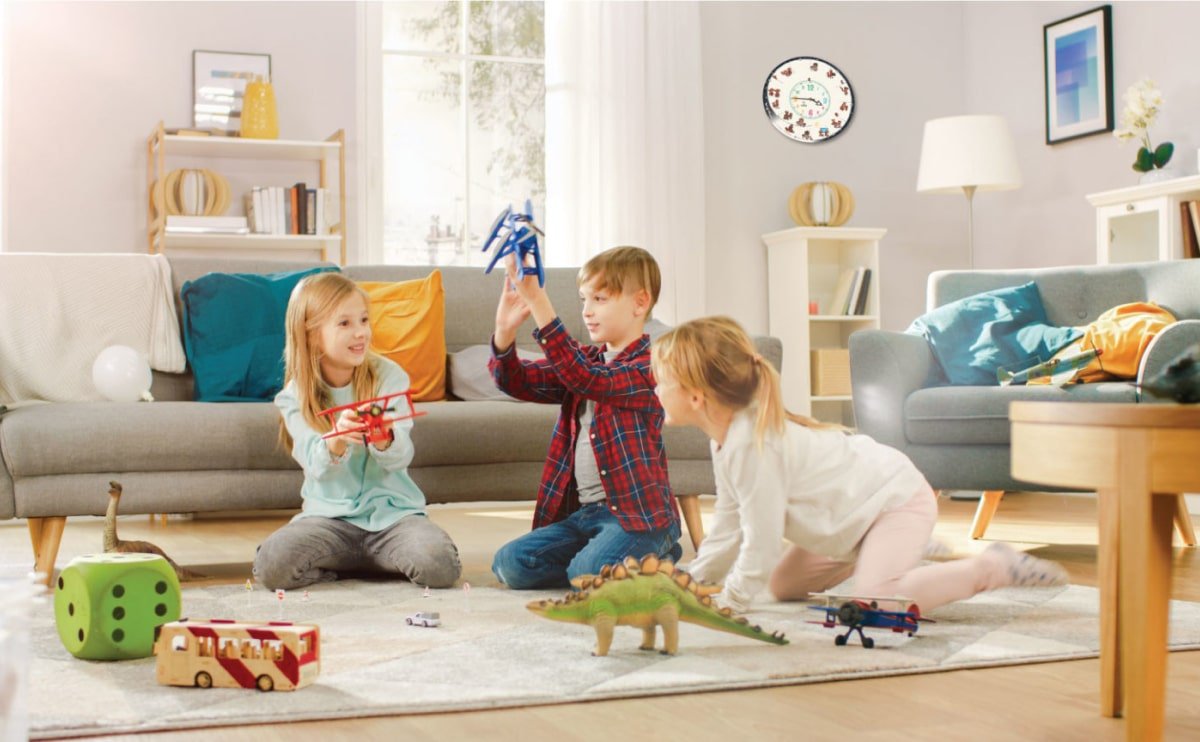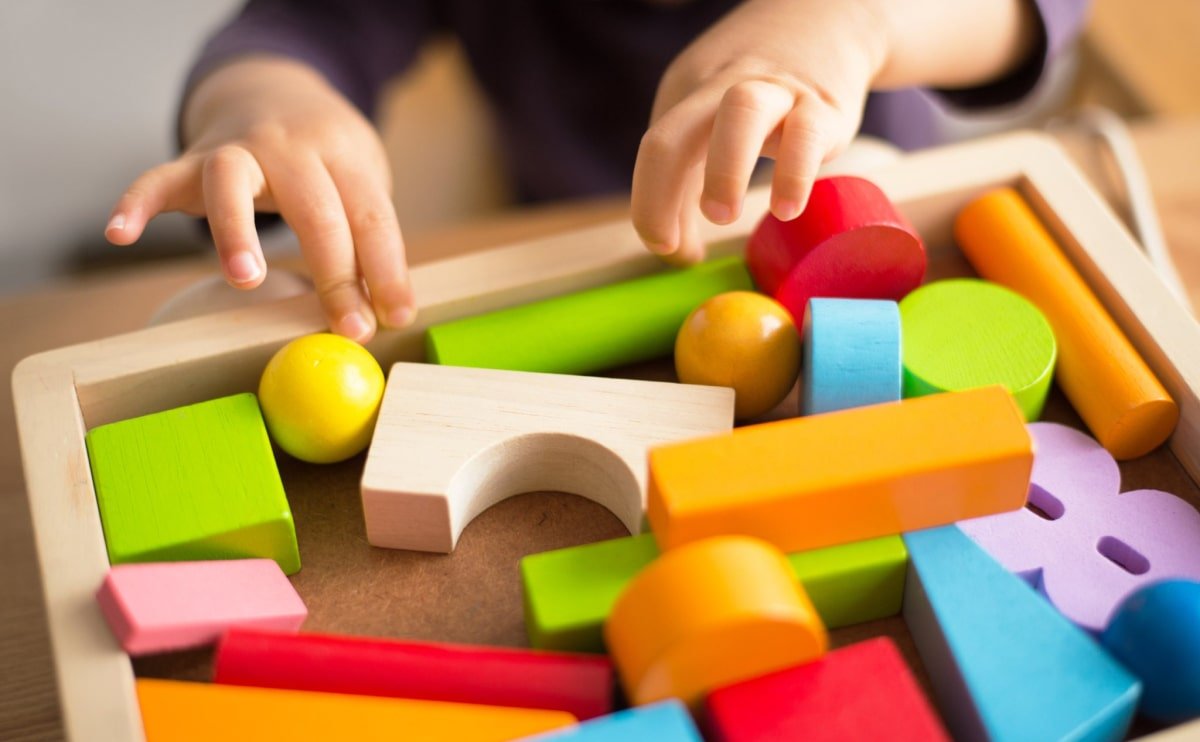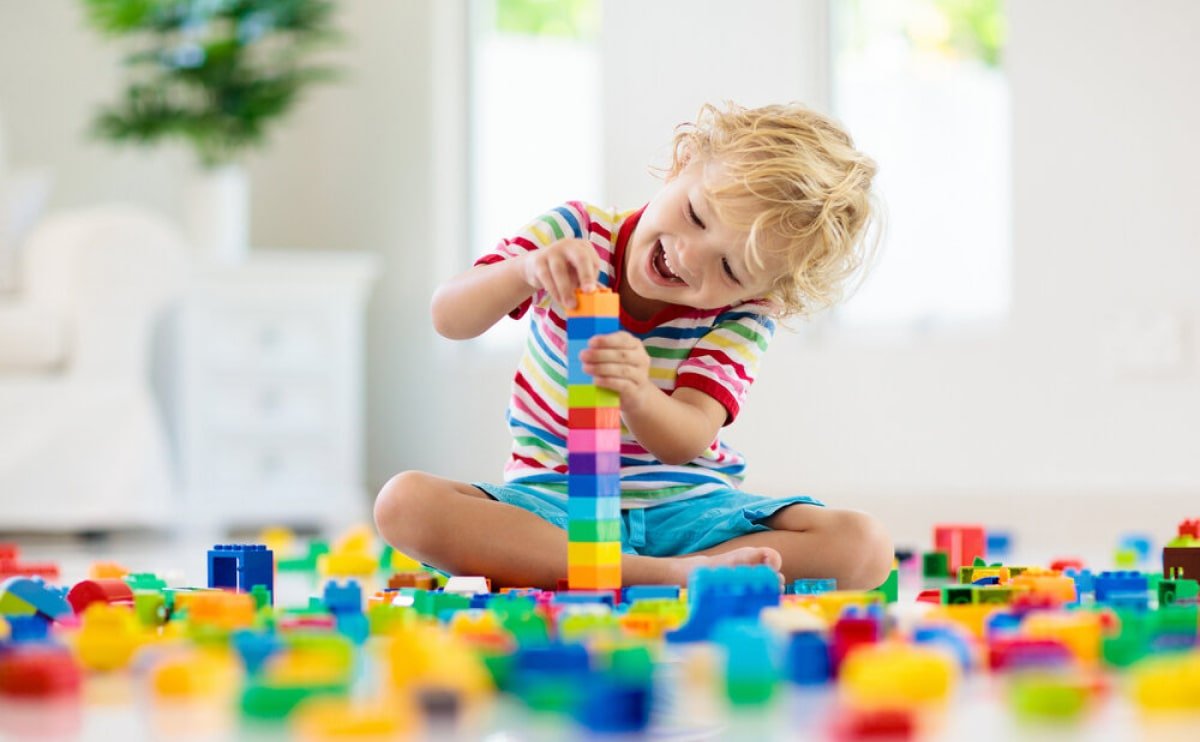Play is not merely a pastime; it is an essential aspect of a child's development. Through play, children learn critical life skills, develop their physical and cognitive abilities, and build social relationships. This article explores the profound importance of play in child development and how toys contribute to holistic growth.
Learning the Basics
Play allows children to learn basic concepts in various domains in an enjoyable and stimulating manner. For instance, building blocks teach mathematical concepts such as shapes, sizes, and numbers. Similarly, role-playing games can introduce children to different social roles and professions, expanding their understanding of the world. According to a study published by the American Academy of Pediatrics, play is essential for the cognitive, physical, social, and emotional well-being of children and youth
Developing Motor Skills
Playing helps children develop both fine and gross motor skills. Activities like drawing or assembling puzzles enhance fine motor skills, improving hand-eye coordination and dexterity. Meanwhile, physical play such as running, jumping, or playing sports helps develop gross motor skills, promoting overall physical fitness and coordination. The National Association for the Education of Young Children (NAEYC) highlights that motor skills development is crucial for children's overall growth and success in school and beyond
Stimulating Imagination and Creativity
Play fosters creativity and imagination. When children engage in pretend play, they create imaginative scenarios and develop problem-solving skills. This type of play encourages them to think creatively and explore new ideas, which is essential for cognitive development and innovation. Research from the University of Cambridge emphasizes that imaginative play is linked to higher creativity and improved problem-solving abilities in children
Building Social Relationships
Through play, children learn how to interact with others, share, and cooperate. Group play teaches them valuable social skills such as communication, empathy, and conflict resolution. These experiences are fundamental in building strong social relationships and emotional intelligence. The Collaborative for Academic, Social, and Emotional Learning (CASEL) reports that social-emotional skills developed through play are critical for academic success and mental health
Enhancing Emotional Well-being
Play is crucial for emotional development as it allows children to express their feelings and work through emotions. It can be a safe outlet for expressing joy, frustration, fear, and other emotions, helping them develop better emotional regulation and resilience. According to a report by the Child Mind Institute, play therapy is an effective tool for helping children manage emotional and behavioral issues
Fostering Independence and Confidence
When children play independently or with minimal supervision, they learn to make decisions, solve problems, and think critically. This autonomy fosters independence and self-confidence, empowering children to take initiative and develop a sense of competence. A study by the National Institutes of Health (NIH) found that independent play is crucial for developing self-regulation and executive function skills
Supporting Language and Communication Skills
Engaging in play, particularly with peers or adults, helps children develop their language and communication skills. Through storytelling, role-playing, and interacting during games, children learn new vocabulary, sentence structures, and ways to express themselves effectively. The American Speech-Language-Hearing Association (ASHA) notes that play is a vital context for language learning and development
Encouraging Problem-Solving and Critical Thinking
Many toys and games are designed to challenge children's problem-solving and critical thinking skills. Puzzles, strategy games, and construction toys require children to plan, strategize, and think ahead, which enhances their cognitive abilities. Research from the Harvard Graduate School of Education indicates that problem-solving play activities are linked to higher cognitive functioning and academic achievement
In conclusion, play is a vital component of child development, contributing to the growth of essential life skills in various domains. From enhancing motor skills and stimulating creativity to building social relationships and fostering independence, the benefits of play are vast and multifaceted. By providing children with a diverse range of toys and play opportunities, parents and educators can support holistic development and prepare children for future success.
For more information on the importance of play in child development, consider visiting these sources:
- American Academy of Pediatrics: The Power of Play: A Pediatric Role in Enhancing Development in Young Children
- National Association for the Education of Young Children (NAEYC): Why Play is Important
- University of Cambridge: The Importance of Play in Children's Development
- CASEL: What is SEL?
- Child Mind Institute: Play Therapy
- National Institutes of Health (NIH): The Importance of Play in Promoting Healthy Child Development and Maintaining Strong Parent-Child Bonds
- American Speech-Language-Hearing Association (ASHA): Play and Language
- Harvard Graduate School of Education: Play and Learning
- National Association for Multicultural Education (NAME): Culturally Responsive Teaching
By integrating play into daily routines and providing a variety of educational toys, we can significantly enhance children's developmental outcomes and set them on a path to a bright and successful future.

















